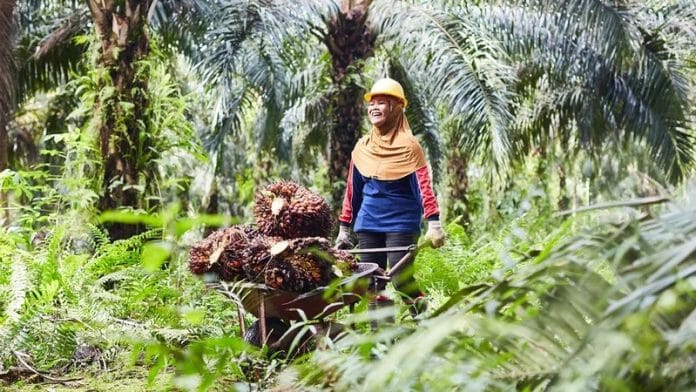Maybank Investment Bank Bhd (Maybank IB) continue to rate Boustead Plantation (BPLANT) a Hold with a higher revalued net asset value-trading price of RM0.92 as we reduce our revalued net asset value-discount to 35% (from RM0.72 on 45%-discount) on news report that Boustead (BOUS) is looking to dispose BPLANT, which in turn, may trigger a general offer (GO) upon deal completion.
“We advise minority shareholders to hold out for a potential GO. We opine BPLANT’s upside potential is likely capped by its net tangible asset per share of RM1.30. But failure to seal a deal may cause BPLANT’s share price to give back recent gains,” said Maybank IB in a recent report.
BPLANT has huge strategic landbank. Of its 97,399ha land in MY, 17,609ha are freehold; spread across Johor (7,513ha), Selangor (247), Kedah (5,560), Perak (2,254) and Kelantan (2,035).
Adding to the appeal of large planters is 60% of its business units or 38,640ha are Roundtable on Sustainable Palm Oil certified area. At current share price, it trades at an enterprise value per hectare of RM35,690, but in part due to its low fresh fruit bunch yield of 13t/ha in 2022. In terms of PER, it trades at 38x financial year 2023 estimate.
“We believe the deal, if materialized, may still be subject to regulatory/ government approvals as BPLANT is a government–linked corp (GLC). And recall that in April 2020, an unrelated GLC, MSM, rescinded its sales purchase agreement with F&N after its proposal to dispose of 4,454 ha of leasehold agricultural land in Perlis, Kedah did not receive EPU’s approval,” said Maybank IB.
There are several risk factors for Maybank IB’s earnings estimates, target price and rating for BPLANT. Key risks to the palm oil sector and BPLANT are the lack of asset disposal to sustain its high dividend payout, weather anomalies resulting in poorer-than-expected output growth, lower-than-expected crude palm oil price achieved, negative policies imposed by import countries and unfriendly policies imposed by the Malaysian and Indonesian government on upstream or downstream segments.
Then there are also the sharply lower crude oil prices, which make palm biodiesel demand not viable; and weaker competing oil prices, such as soybean and rapeseed.









